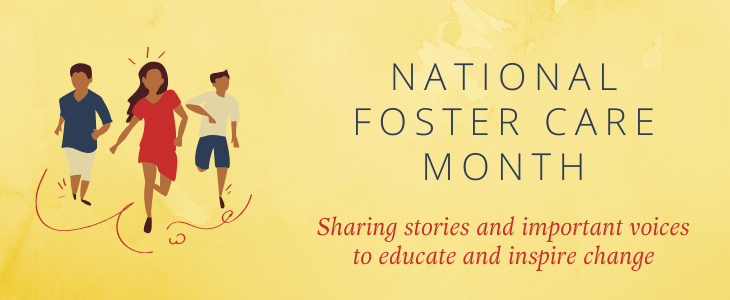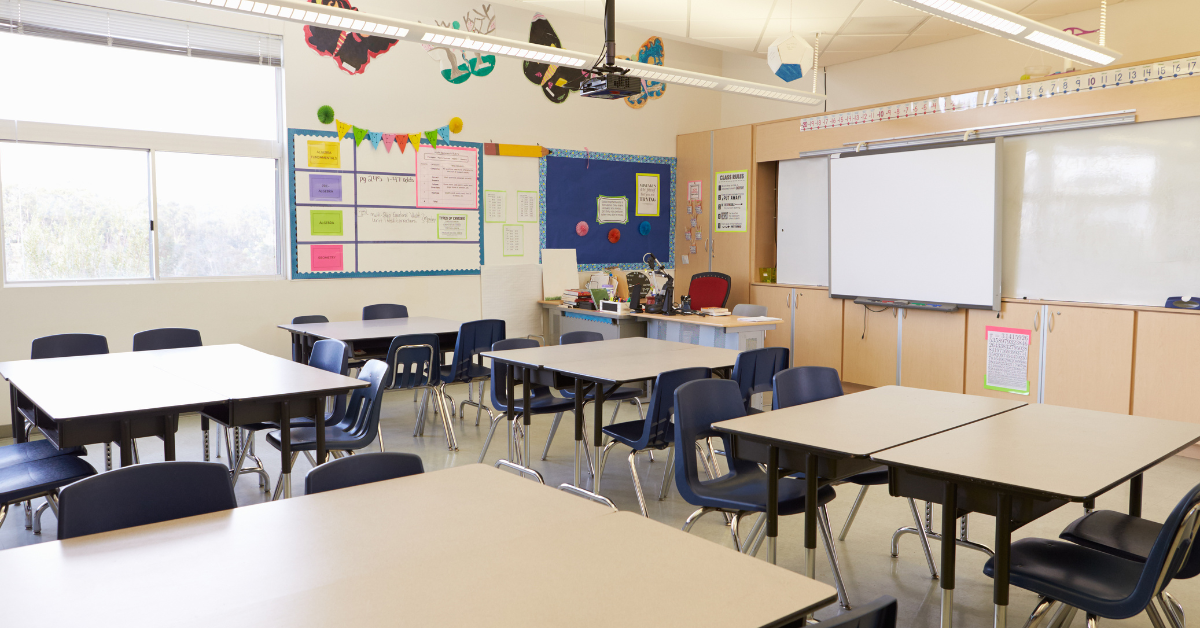Breaking Barriers to Permanency for All Kids

Breaking Jurisdictional Barriers in Older Child Adoptions from Foster Care
She scanned the room of the various individuals who came to learn more about adoption from foster care, and after sitting quietly for a short, but weighted and deafening period, she pierced the silence with her question.
“Why adoption? Why older child adoption?”
Eva was adopted by her single mother at the age of 15 and had become a vocal spokesperson for Project Wait No Longer (PWNL) at the Barker Adoption Foundation. She is passionate about children in foster care and is not timid about sharing the bleak outcomes of older children who never join a family.
“Children like me are passed over all the time for the cute, cuddly toddlers. We don’t get picked first, and we don’t get picked second. But we’ve become resilient although a lot of times we feel dispensable.”
This, sadly, is the reality of many waiting children in the foster care system. The likelihood of a child being adopted over the age of 10 goes down by 50%, regardless of how long they have been in care. As they continue to grow older, this percentage only decreases and their journey to finding their forever family becomes narrower and lengthier.
Project Wait No Longer (PWNL) was established in 2007 with the primary mission of responding to this need for the nation’s most vulnerable children to be placed with forever families. In the United States, there are over 400,000 children in the foster care system, 100,000 of whom are legally free for adoption. PWNL seeks to recruit, educate, and prepare prospective adoptive families to welcome these waiting children into their homes, because every child deserves a family. In order to do this effectively and successfully, it required us to expand our reach and our search outside our borders. For some children, placement into a local family is not a viable or available option. The barrier to a child being adopted should never be due to our own geographic limitations. Working across jurisdictions increases opportunities for waiting children as well as for waiting families.
Through the establishment of meaningful relationships and dedicated searches, PWNL has been able to find homes for children residing in 24 different states, 6 of which were cultivated in the last 3 years. For older children like Eva, it is imperative that agencies increase competencies to accommodate interstate adoptions in order to find homes for children. Eva came to us from Ohio, and joined her family in the District of Columbia. The most vulnerable groups continue to be older children, and children in large sibling groups. PWNL is committed to recruiting families who believe that they can meet the needs of these children who often present with trauma from abandonment, grief, loss, multiple placements and displacements, academic setbacks, and strained relationships with their families of origin.
It was October 2013 when four bright-eyed children from Minnesota first interacted with the foster care system. Samuel (11), Cindy (7), Esther (6) and Tommy (2) had suffered emotional and physical abuse, and also witnessed varying levels of domestic violence within their home. Their birth mother had an extensive history with Child and Family Services, dating back to when Samuel was an infant, and she continued to struggle with substance abuse ultimately limiting her capacity to safely parent. Their birth father was incarcerated, thus not being a viable resource for the children. After unsuccessful attempts at reunification and six placements with different care providers, the children were listed on national adoption databases and the search for their forever family began.
Children entering care as large sibling groups often face immense challenges as caseworkers make effort to keep them together. Samuel, Cindy, Esther, and Tommy were not always afforded the opportunity to stay together, and as such were split many times between different foster homes. In 2018, they were successfully placed in their forever home, and their journey together as a finalized family commenced in 2019. PWNL has been able to place 26 sibling groups together, and 12 of these groups contained three or four children! To date, PWNL has found homes for over 150 children.
Increasing awareness and partnering with public agencies for interstate adoptions remains one of the central obligations of PWNL. A dedicated search and match specialist works with families and liaises with caseworkers to find families for waiting children. After a family has been officially matched with a child, the two agencies work together to establish a contract which outlines the responsibilities of each agency. The receiving agency will provide post placement visitation and support to the family, and will supply monthly reports to the state agency as well as the monitoring entity, Interstate Compact on the Placement of Children (ICPC). There is often a financial commitment from the sending agency or state to aid the receiving agency with the expenses of overseeing the placement. This is negotiated and agreed upon before in the initial stages of the process, and often prior to the completion of the 100A form for ICPC. The procedures in each state may vary, but ultimately the partnering agencies are working together to support the best interest of the child.
Transitions can be difficult, and acclimating to a new home, sometimes in an entirely different state, presents a unique set of rewards and challenges. Building resilience in families and strengthening their capacity to create a loving environment where healthy relationships can thrive is important. At The Barker Adoption Foundation, we believe that a child is never too old to need a family. Breaking down the barriers to interstate adoptions increases the opportunities for children to have the gift of family, and we strive to continue to make this a reality for many more families.
About the Authors:
Saara McEachnie is the Director of Domestic Adoption Programs at the Barker Adoption Foundation. Ms. McEachnie oversees Project Wait No Longer, and has conducted trainings on increasing competencies between agencies who are seeking to embark on interstate adoptions.
Eileen Wharton is the Child Matching and Family Support Specialist at the Barker Adoption Foundation. Ms. Wharton works with prospective individuals seeking to adopt from foster care. She supports these families through searching and matching until they are ultimately placed with their child.



